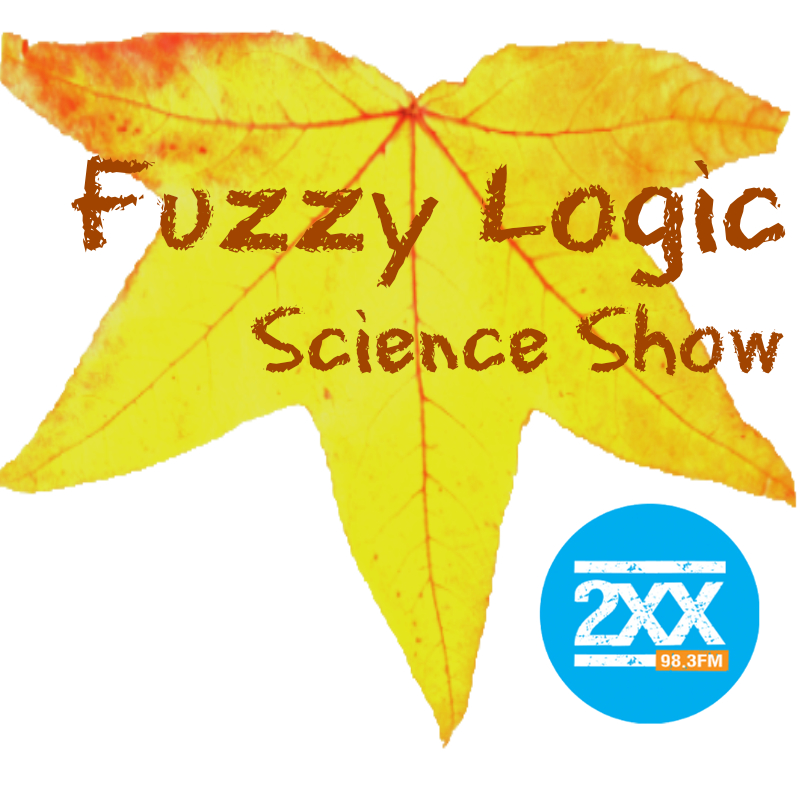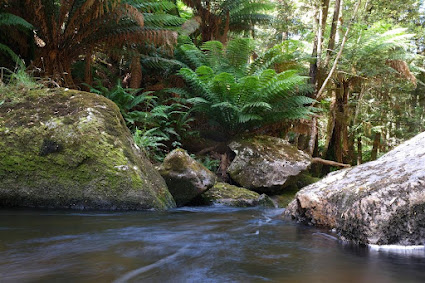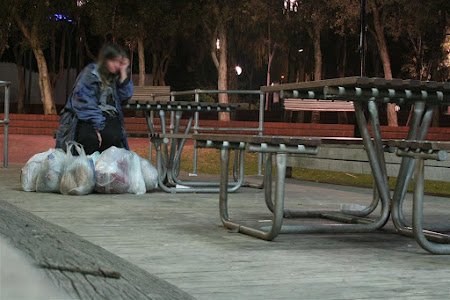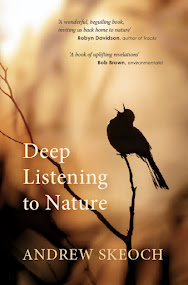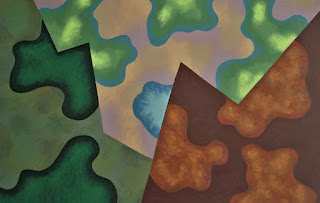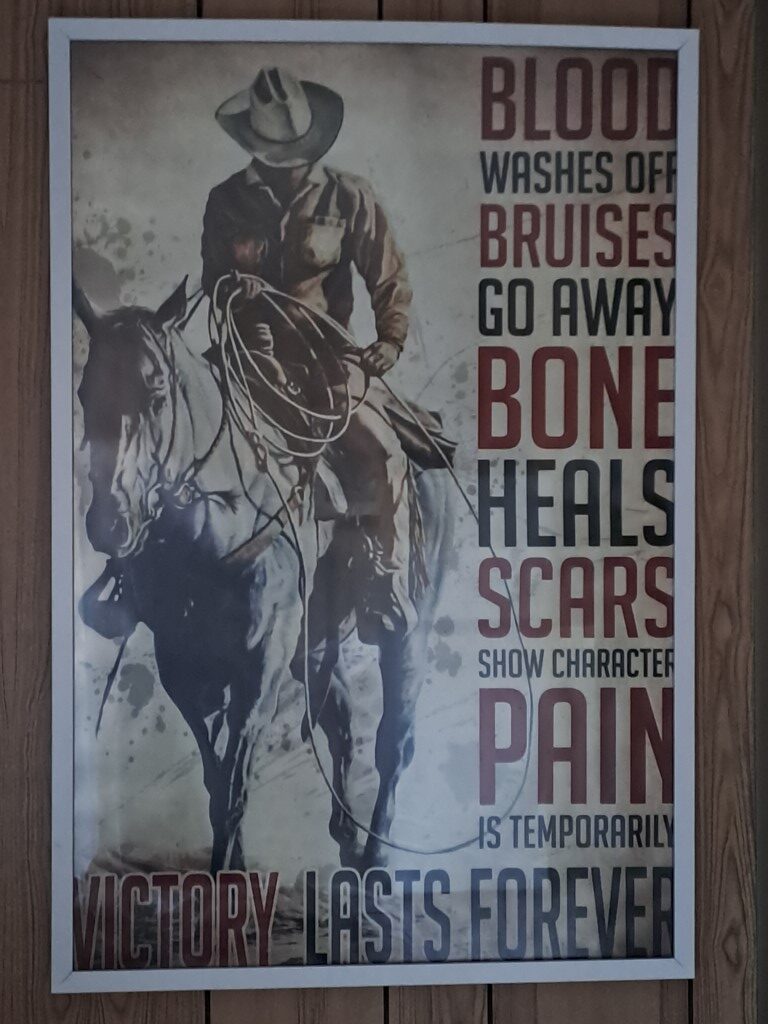
Episodes
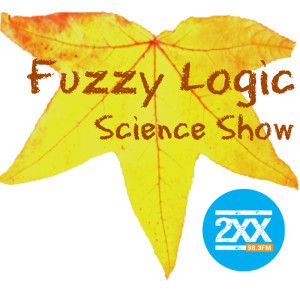
Wednesday Jun 19, 2024
The Myth of Growth
Wednesday Jun 19, 2024
Wednesday Jun 19, 2024
If you know the term cognitive dissonance, it applies to ability of a person to hold entirely incompatible ideas in their head at the same time. If people can have it, so can a government. Take these two statements:
1) We will work towards a sustainable future
2) We will pursue economic growth
The evidence is overwhelming: we cannot do both of these things because economic growth is the antithesis of sustainability. Pasting a veneer over this chasm are terms such as green growth and weightless economy.
Jonathan Miller is the Director of Steady State ACT.

Tuesday Apr 30, 2024
Standing on the edge of the climate cliff
Tuesday Apr 30, 2024
Tuesday Apr 30, 2024
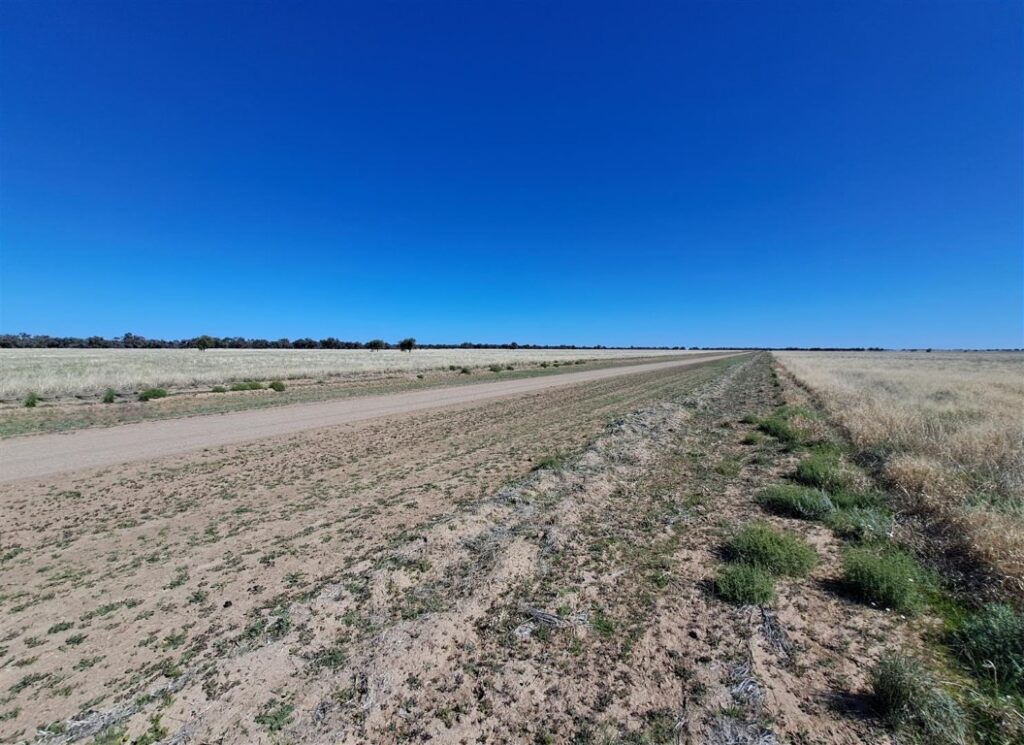
How do you cope with the dire trajectory of climate change? It's a tough question that we all now face. In this episode, ACT Greens MLA tells the story of her climate journey.

Sunday Apr 07, 2024
Of Violence and Redemption
Sunday Apr 07, 2024
Sunday Apr 07, 2024
If there were a single invention of humanity that you remove, what would that be? In this episode we revisit a personal story broadcast on Radio National in 2006.
This is part of our series, Rethinking Sustainability.


Friday Mar 22, 2024
'That' conversation
Friday Mar 22, 2024
Friday Mar 22, 2024
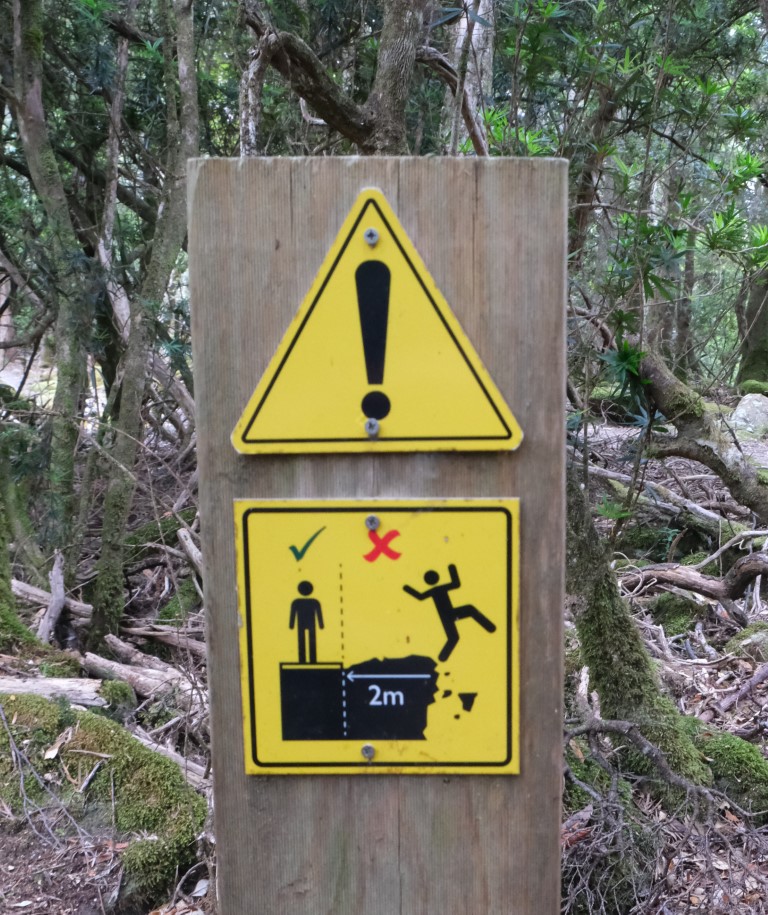
So it's okay to clear the Amazon jungle?
Almost certainly you disagree with that statement, but how do you respond when someone says that to you? In this episode we think about 'that' conversation. How do you convince somebody that they're wrong?
But first, is it even worth even trying?
You'll find a summary of Fran Peavey's Strategic Questioning at commonslibrary.org/strategic-questioning
and the full PDF commonslibrary.org/wp-content/uploads/strat_questioning_manual.pdf.
From our series Rethinking Sustainbility.

Saturday Mar 16, 2024
Fernando's dichotomy
Saturday Mar 16, 2024
Saturday Mar 16, 2024
When somebody makes a statement that is foreign to your thinking, how do you react? In this episode, Rod Taylor recounts a conversation with the Brazillian, Fernando. What does it mean to raze the Amazon jungle, why should somebody like him care? Why should anybody care?
The answer of course, is that it this cannot be sustained. While we hear that word thrown around so often, we should remember the end point of something that is unsustainable - is literally - the end.

Friday Mar 08, 2024
Growth and the Parasitic Economy
Friday Mar 08, 2024
Friday Mar 08, 2024

Friday Mar 01, 2024
Deep Listening to Nature
Friday Mar 01, 2024
Friday Mar 01, 2024
As Andrew Skeoch says in this episode, there is much we can learn from Nature, if only we sit quietly and listen. Andrew takes that a step further by recording the beautiful songs of birds around the world. And, as he says, it's more than simply enjoying the aesthetics because the birds use their song to build relationships and navigate a shared environment.
Andrew is author of Deep Listening to Nature.

Friday Feb 23, 2024
The Joy of Shopping?
Friday Feb 23, 2024
Friday Feb 23, 2024
On page 2 of the newspaper there's a story about melting icecaps. On page 3 there's a full page ad for this week's bargains. Somewhere here there's a disconnect. Meanwhile, shopping is - literally - sold to us as something we should do more of. But does it really make us feel better?
Artist and thinker Jeremy Barrett ponders these things as he wanders through his local shopping maul.
Jeremy's exhibition of paintings & mono prints is at the Tuggeranong Arts Centre, 2 February - 28 March. The opening Talk & Tea will be Tuesday 13 February, 12 — 1pm
This podcast is part of the Rethinking Sustainability series.

Friday Feb 16, 2024
Coping with Crisis
Friday Feb 16, 2024
Friday Feb 16, 2024
It seems every day we're hit with more bad news. War in the Ukraine, floods, droughts and melting ice caps. In this episode, Rod Taylor mulls over how we cope. Do we give up and fall into a pit of despair, or do we carry on regardless?
This episode is part of the Rethinking Sustainability series.

Friday Feb 09, 2024
Can we afford it?
Friday Feb 09, 2024
Friday Feb 09, 2024
The standard line is that governments* are always short of money and must balance their budgets. But what if that's not true? It changes everything if government money is not the contraint we're told it is.
In this episode, Stephen Williams describes a way of thinking about economics that should revolutionise our approach.
* Federal governments of monetary sovereign countries.
Stephen Williams and Rod Taylor are editors of Sustainability and the New Economics.

